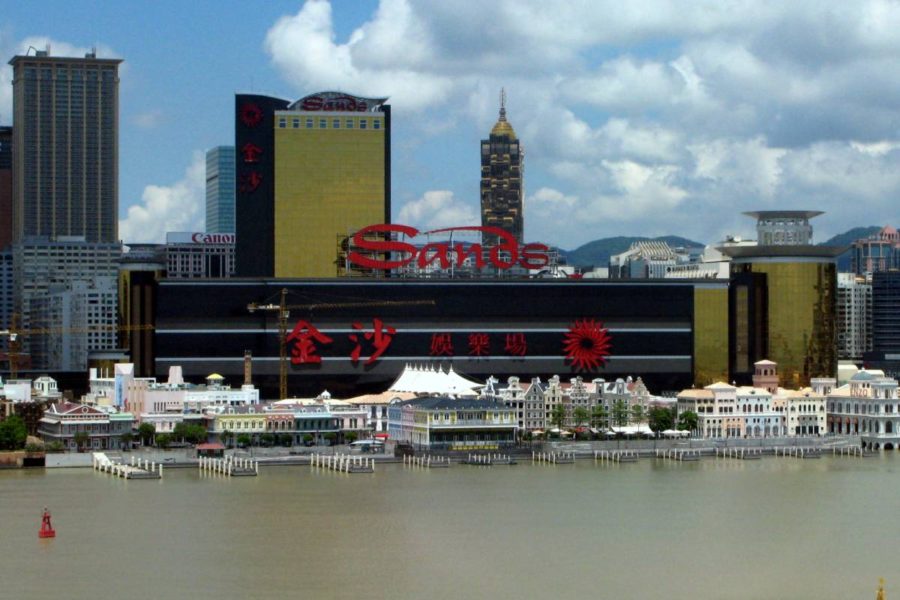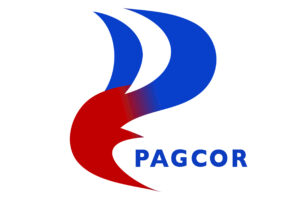Sands China CEO confident about Macau despite stricter gaming law

Rob Goldstein, Sands China CEO and chairman, has said he is confident about Macau’s future despite the ongoing Covid-19 pandemic and the gaming law amendment bill.
Macau.- At the presentation of the financial results for the last quarter of 2021, Robert Goldstein, Las Vegas Sands’ chairman and chief executive, said he remains confident about Macau’s future. He said Sands China remains “bullish” on the Macau market despite the Covid-19 pandemic and the city’s new gaming bill.
Sands China has reported a net loss of US$245m for the last quarter of the year 2021. Revenue for the fourth quarter was up 5.4 per cent to US$649m. However, the figure was down 3.9 per cent when compared to the prior-year period. Adjusted property EBITDA was US$74m, which compares to US$47m in 2020.
In full-year results, net revenue was up 70.4 per cent year-on-year to US$2.87bn while the net loss was US$1.05bn, compared to US$1.52bn in 2020. Adjusted property EBITDA for 2021 stood at US$338m, compared to a negative figure of US$431m in 2020.
Goldstein said: “Our results continue to reflect the pandemic’s impact. Travel restrictions continue to affect visitation and our financial results in both Macao and Singapore this quarter.
“We did generate some positive EBITDA for the quarter in both markets. We remain confident in the eventual recovery in both Macau and Singapore.”
During the fourth-quarter conference call, addressing questions about Macau’s gaming law amendment bill, Grant Chum, Sands senior vice president of global gaming strategy, said: “We need to wait for further details in terms of the final form that the amendments would take.”
He said the company has always efficiently used its table allocation so welcomed the direction of linking table allocation with productivity. It’s expected that the GGR target will be calculated based on the maximum number of gaming tables and gaming machines each gaming concessionaire is permitted to operate.
The bill states that the city’s chief executive will set the minimum GGR that each table or machine should generate each year. The gaming table capacity may be lowered if an operator fails to meet its GGR target in two consecutive years.
Macau’s Legislative Council has approved the first reading of the gaming law amendment bill with just one vote against it.









